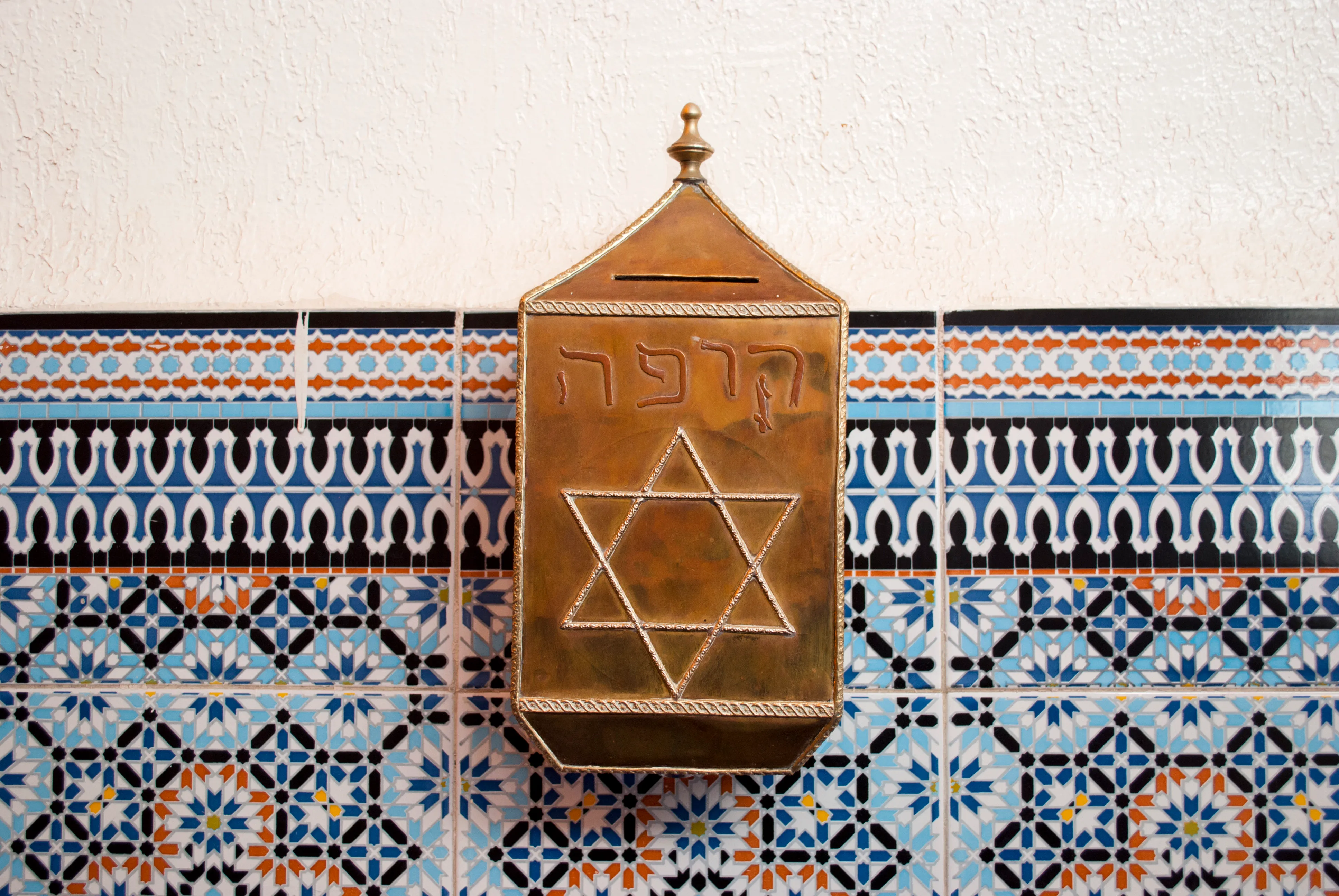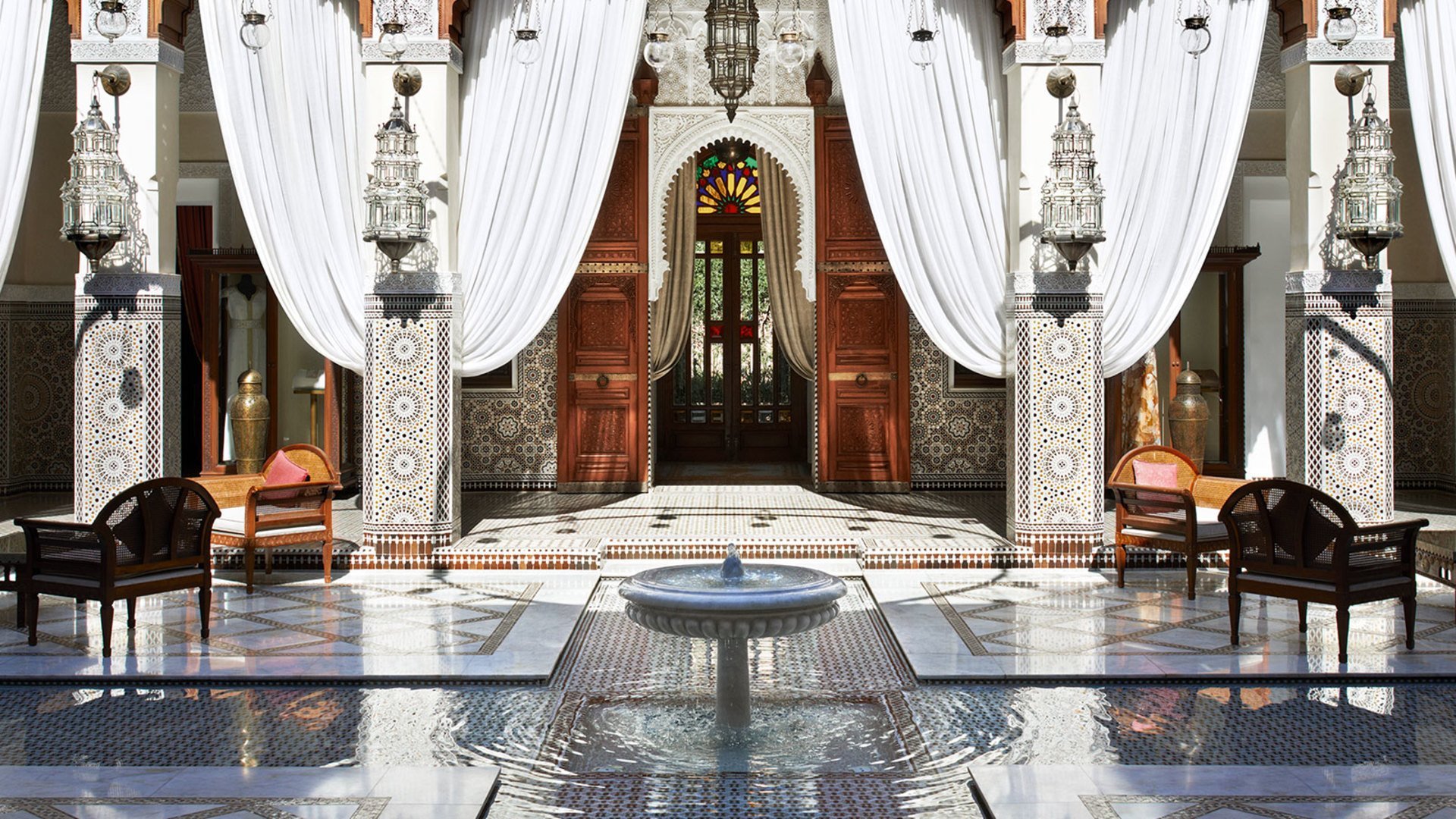10 Things To Know Before Choosing Morocco
Essential insights and practical tips to help first-time visitors understand Moroccan culture, customs, and travel expectations before arrival.
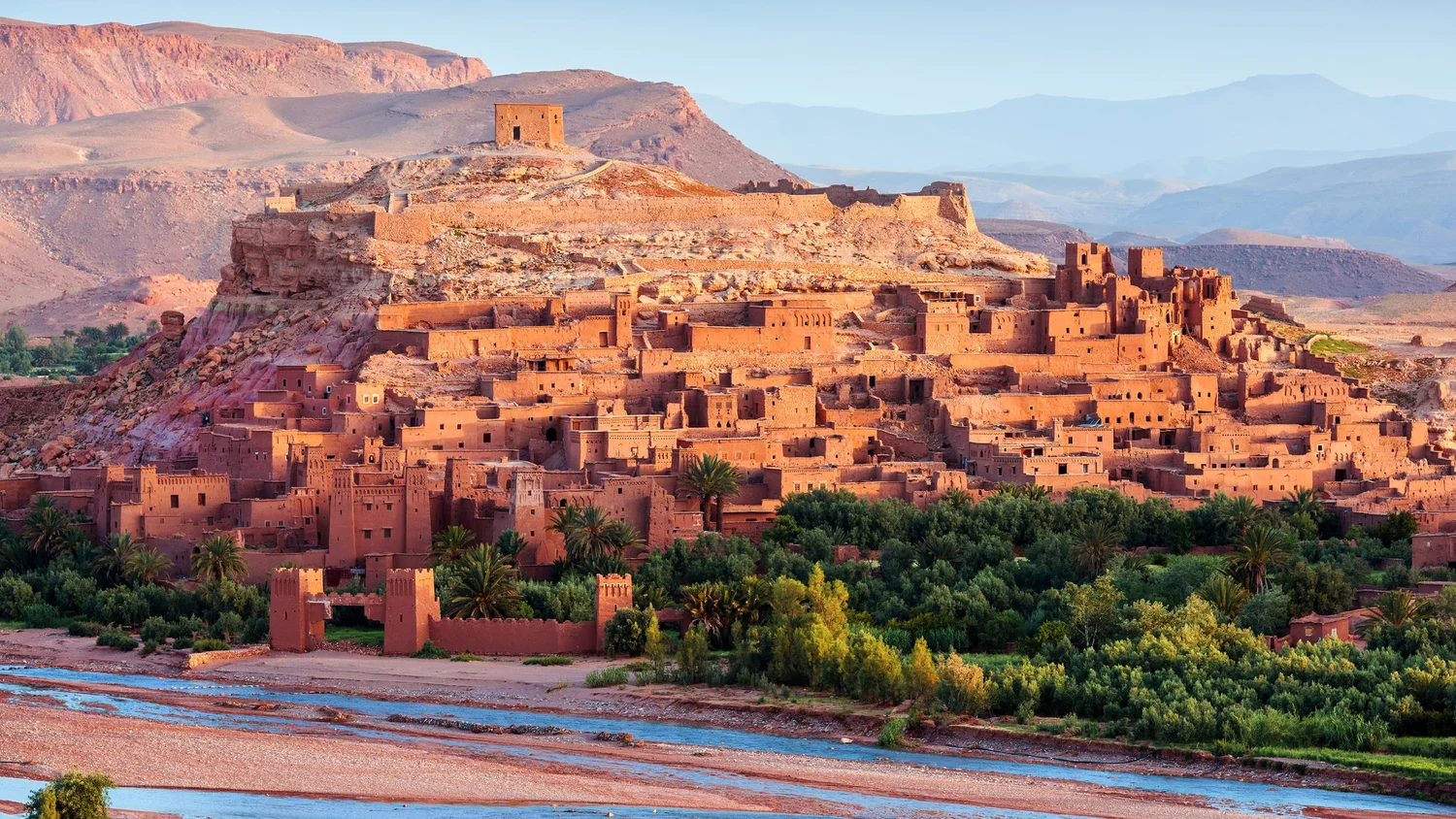
Categories
Travel Tips
Posted By
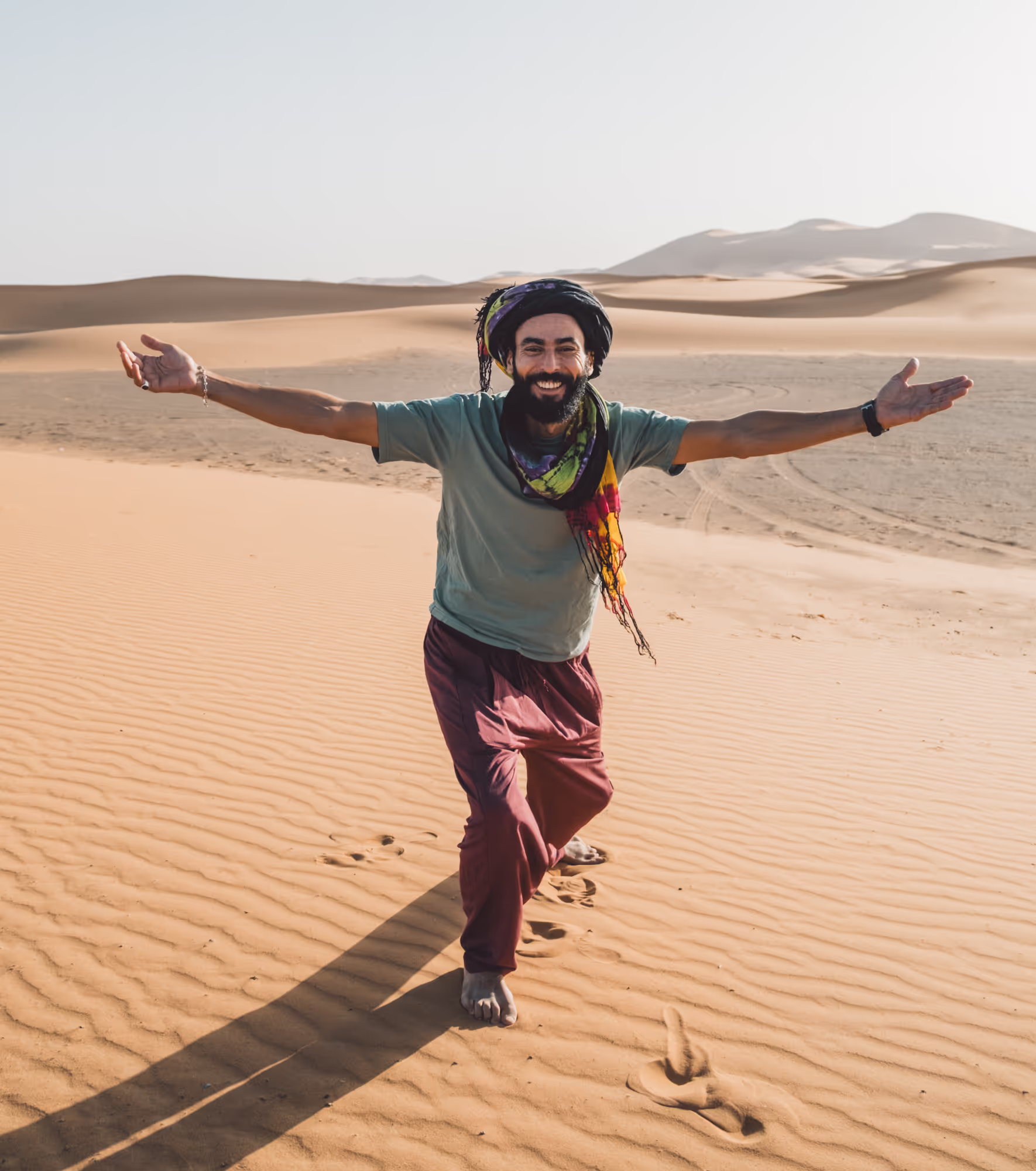
Noureddine Ingrioui
Lead Tour Guide
Posted on
(Please enjoy this guest post from a past visitor)
Known as the gateway to Africa, Morocco is one of the most dazzling destinations. Islamic, African, and European influences have contributed to this culture, full of charm and rich in diversity. This attracts many travelers every year. I’m certainly not the only one who's noticed seeing more beautiful photos on Facebook and Instagram! Despite the magical and captivating qualities of this country and its people, the idea of traveling to Morocco still raises some questions and concerns about the safety of travelers. In order to get lost in the alleys and labyrinths of the medinas and through the traditions of the country, you should first know its culture, what to wear, and how to behave. It is normal for Western travelers to ask many questions about whether Morocco is safe or not.
However, after traveling there, I can confirm that Morocco is more than captivating, photogenic, and breathtaking. Having a little idea of what to expect and knowing how to behave will really help you before you leave. So, here are my top 10 tips to help you have an unforgettable trip to Morocco safely.
Respect local customs and dress modestly
Morocco is a Muslim country, which means that the concept of clothing is quite conservative. Islam places a strong emphasis on modesty; you will not see locals strolling in swimsuits or short skirts, no matter how hot it is. Big cities like Fez and Marrakesh are quite liberal when it comes to travelers from Western countries. Male and female roles are more defined, and men have little contact with women before marriage, so I found it preferable to stay on the more conservative side.
For women, showing too much leg or shoulder can easily catch unwanted attention from men and implies that you do not respect local customs or that you are perceived as “available” by showing these parts of the body. So, plan for long skirts and dresses or harem pants, and loose shirts that cover the shoulder. I wore mostly loose pants and blouses. It’s also a good idea for women and girls. For men, long shorts and shirts that cover your shoulders will do the trick.
Familiarize yourself with the language
It’s simply obvious wherever you are traveling. Learning a few words of the local language will take you (literally) three minutes, and Moroccans will really appreciate your efforts. Although Arabic is the official language of the country, it is not your only option. Berber is the native language spoken by those living in the Rif and Atlas mountains. Nonetheless, French is the second unofficial language of Morocco (phew, saved). The language is still widely spoken in many villages and more remote areas.
Having some Arabic words on hand will be helpful. Here are the basics to remember:
- Hello – Salam
- Goodbye – Bslama
- Please – Afak
- Thank you – Shokran
- No – Lla
- Yes – Iyyeh
- And my favorite (especially when it comes to exploring the surroundings): Yallah! – Let’s go!
Be aware of where and when you walk around
Just use common sense and pay attention to what is happening around you when you walk around at night or day. Choose well-lit and crowded areas at night rather than medina lanes. Prevention is better than cure.
For women, it is not always a good idea to venture alone at any time. Venturing alone outside will sometimes attract unwanted attention from men, whether it be insistent glances, catcalling, and in some cases even being followed. Leaving your riad with a group or with our local guide is always safe.
If you plan to go hiking in the mountains, for example, do not venture out alone. Many Western government advisories warn tourists against the threat of kidnapping in these remote areas. Each country has different advice, so it’s best to check your government’s website before leaving.
Do your own research away from tour guides!
Unfortunately, while the tourism industry is booming, the number of guides without official permits in major cities like Fes and Marrakesh is also increasing. These fake tour guides will spot foreigners entering the city and insist on providing them with local tips – at a price. They will bring you, for example, to specific stores where they will receive a commission for all purchases made. Many riads and cities themselves warn tourists against using these guides.
While seemingly relatively harmless, they threaten the local economy by preventing local businesses from taking advantage of tourism. It is best to do your research before you go and book with a reputable company. If in doubt, the travel agents or travelers you meet will certainly have some good advice.
Negotiate the price of a taxi before getting in
Always agree on the price of the trip before getting in a taxi. Ask your hostel for an approximation of the average price of a taxi depending on your destination. This will help you avoid having to pay a too-high price once you reach your destination.
Learn to know how to negotiate
Shopping can be as stressful as it is fun. For Moroccans, barter is a social interaction and a way of life. As my guide said, “We bargain for everything, it’s like a conversation with friends. My wife even haggles the price of tomatoes in our local market.” Shop owners usually offer you tea or water while you browse their goods. Once you have chosen what you want, then you have to agree on the price.
A general rule is to offer a third of the original price the seller offers and go from there. It’s almost guaranteed that they’ll laugh at your lowest bid, so do not be surprised or offended when that happens. Appearing hesitant about the purchase is key; as soon as you let people know how much you love something, you lose all barter power. If the price is still too high, get ready to leave. In some cases, the seller will insist that you stay or even follow. In such cases, it is important to be firm but respectful. Say “no thanks” and hold on.
Do not drink water from the tap
Bottled water is your best friend; forget everything that comes out of the tap. On a similar note, beware of street food. The cooking methods are obviously not the same as in Western countries. It is better to eat in restaurants if you want to avoid losing a day of your trip with an upset stomach.
Hang on while driving
In general, avoid driving in Morocco unless you have nerves of steel. Driving in Morocco is rather chaotic, and accidents are frequent. It is important to keep in mind that road standards are not the same as in Western countries. All kinds of vehicles, bicycles, and even donkey carts share the same roads. It’s organized chaos that I’m not ready to try! Taxis are cheap, as are private transfers or even buses that will be gladly organized for you. Perfect for enjoying the scenery.
Do your research before venturing into the desert
The Sahara is just beautiful in Morocco, with some of the most spectacular sunrises and sunsets in the world and golden sands stretching out of sight—why miss out on this magnificent landscape? However, a guided tour is the best option. Experienced guides will show you the best places while ensuring your safety. They will know which places to avoid and which ones should not be missed. Many governments warn against the West Zone because of many mines that have not exploded – especially near the border with Mauritania. If in doubt, consult the traveler’s advisory. Youth hostels and official tourist guides will put you in touch with the right people to make the best tours and ensure you have an unforgettable time!
Drink in moderation
Although many Moroccans are conservative Muslims, the country is not entirely strict. The big cities are quite liberal, especially Marrakesh, which is known for its nightlife. But you must keep a few things in mind before going out for the night.
Drinking here is not really cheap, especially if you have a tight budget. Alcohol is heavily taxed, so you will pay Western prices. Most riads, some supermarkets, and some rather touristy restaurants will sell alcohol. It is best to ask your hostel for the best place to buy it. Many riads and youth hostels will allow you to consume alcohol inside, whether at the bar, in your room, or on a private terrace. This is not the case everywhere, so do some research in advance or ask at the front desk.
Moroccans tend to consume alcohol privately, and being drunk in public spaces is frowned upon. As in any country, it’s important to stay composed when you drink. Staggering around the medina at night is not only frowned upon; it can also become dangerous and can be an invitation to petty crime.
As with anywhere else in the world, Morocco has its risks, but with common sense and a minimum of information before leaving, there will be no cause for alarm. It’s a country like no other and should really be on your list if it’s not already!
As Moroccans say – Yallah!
Thanks for reading
For over 20 years, we've been guiding travelers across Morocco from the peaks of the Atlas Mountains to the depths of the Sahara. To explore Morocco your own way and support our work, check out our private tours and Tailor Made Morocco Tours.
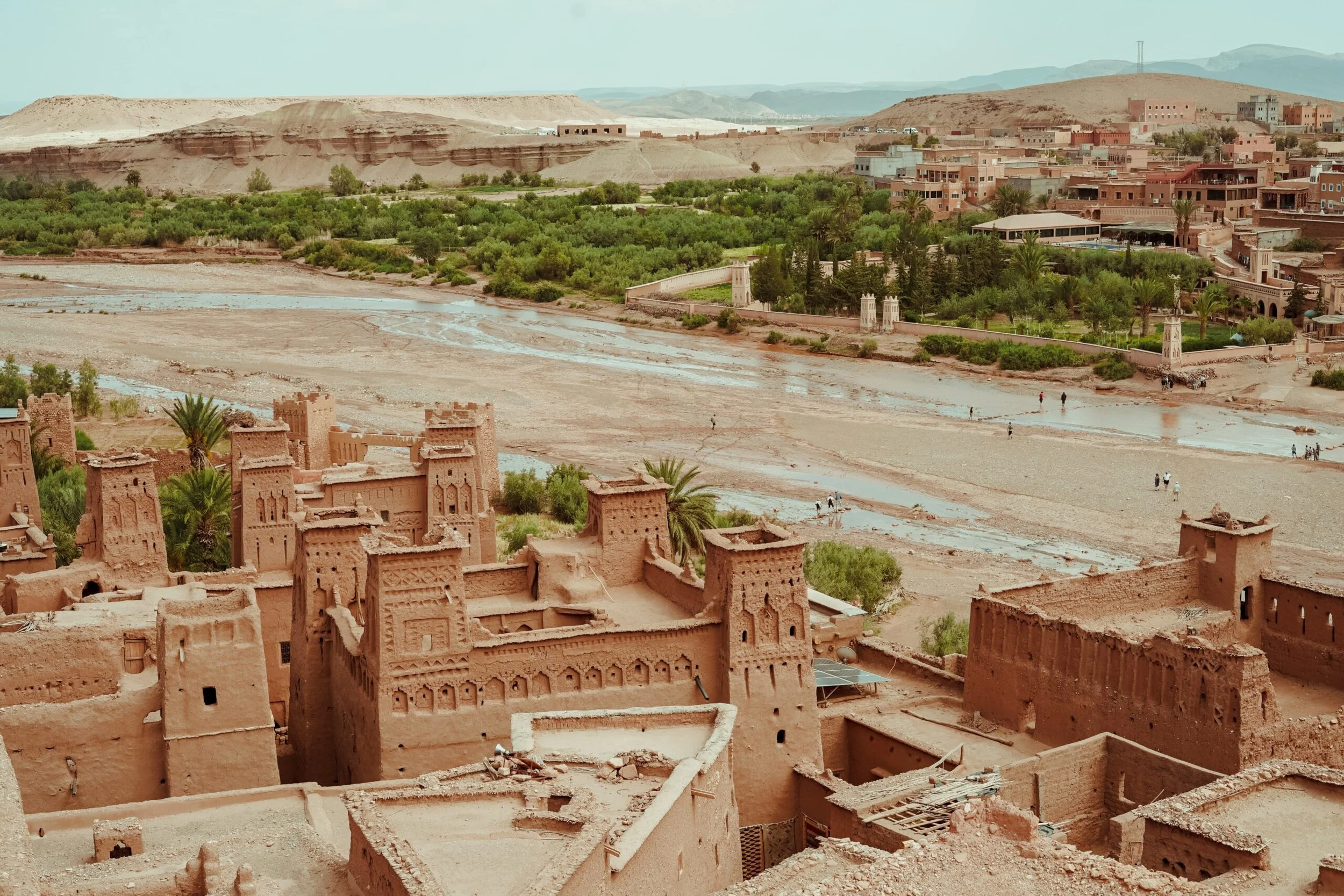
Contact Us
GET IN TOUCH
Ready to take the next step? Whether you’re ready to book or just exploring possibilities, we’re here to help. Share a few details with us, and our team will reach out
